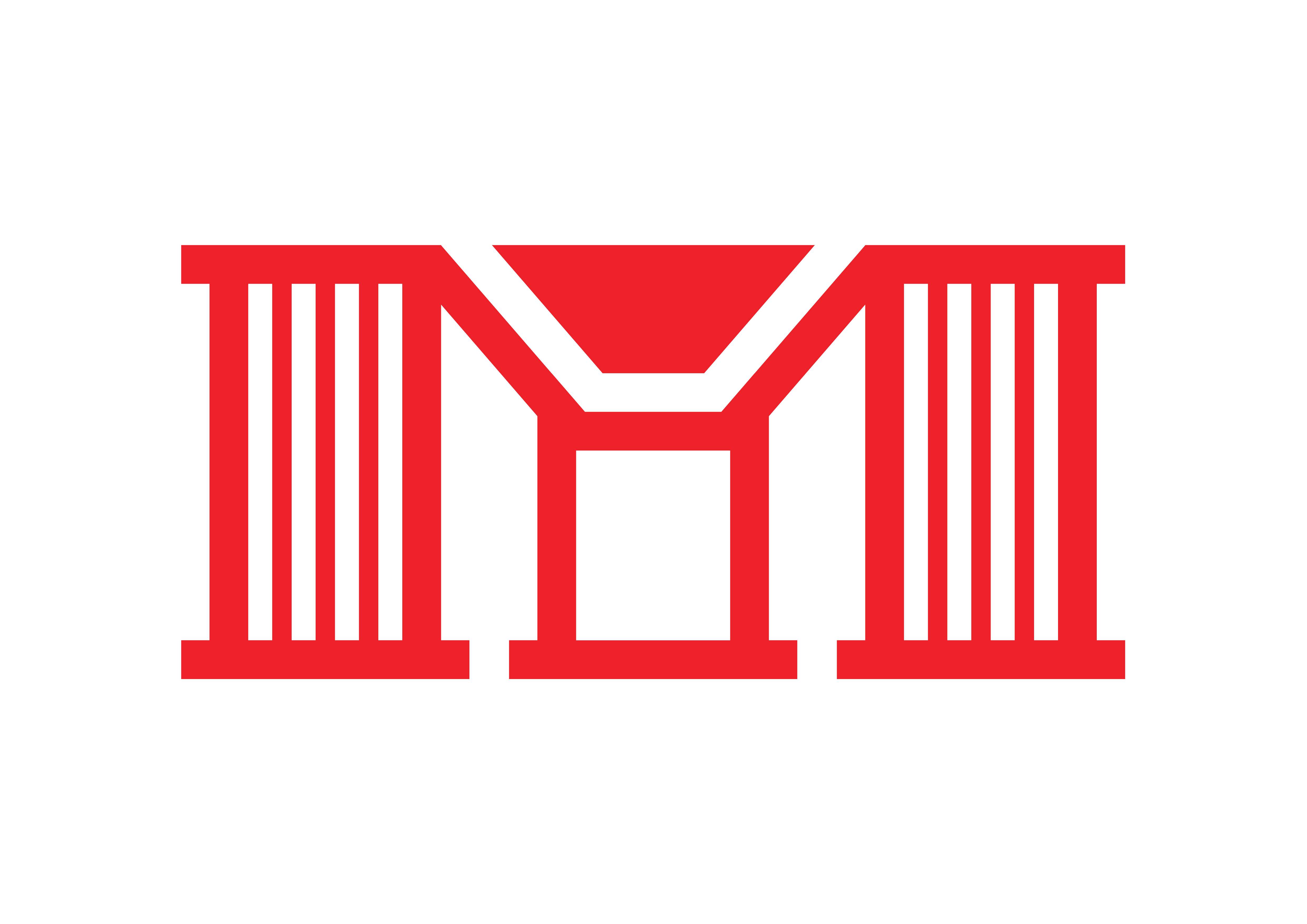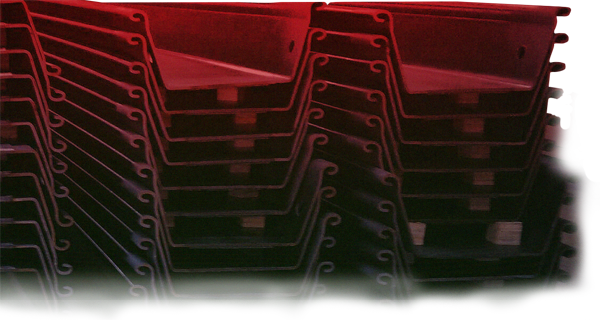What Causes Pipe Corrosion and How Can It Be Prevented?
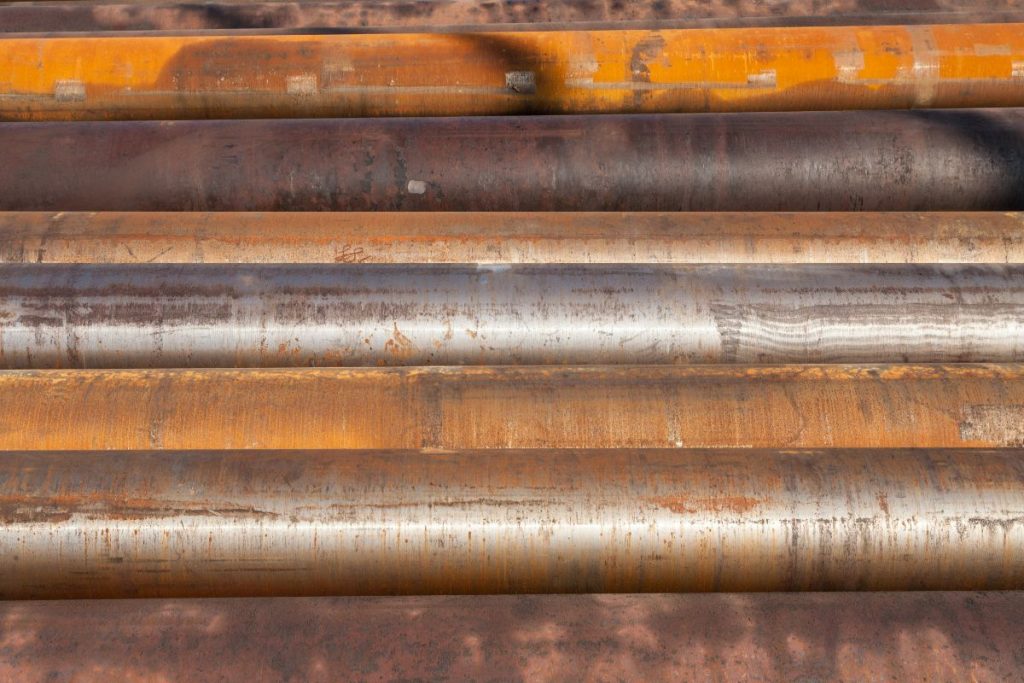
Overview
- This article delves into the critical issue of pipe corrosion within the industrial and construction sectors, examining its causes, including environmental, electrochemical, and mechanical factors.
- It emphasizes the importance of prevention strategies such as protective coatings, cathodic protection systems, and regular maintenance.
- By implementing these measures, businesses can enhance pipe performance, minimize downtime, and safeguard their investments against costly repairs and disruptions.
Pipe corrosion is a common yet serious issue in the industrial and construction sectors, where metal pipes gradually deteriorate due to chemical reactions in their environment. As corrosion progresses, pipes become increasingly vulnerable to leaks and bursts, disrupting operations and posing significant health and safety risks by contaminating transported fluids.
In this article, we will explore what causes pipe corrosion and how it can be prevented, highlighting the use of high-quality steel pipes to ensure optimal performance, minimize downtime, and protect your investments.
Common Causes of Pipe Corrosion
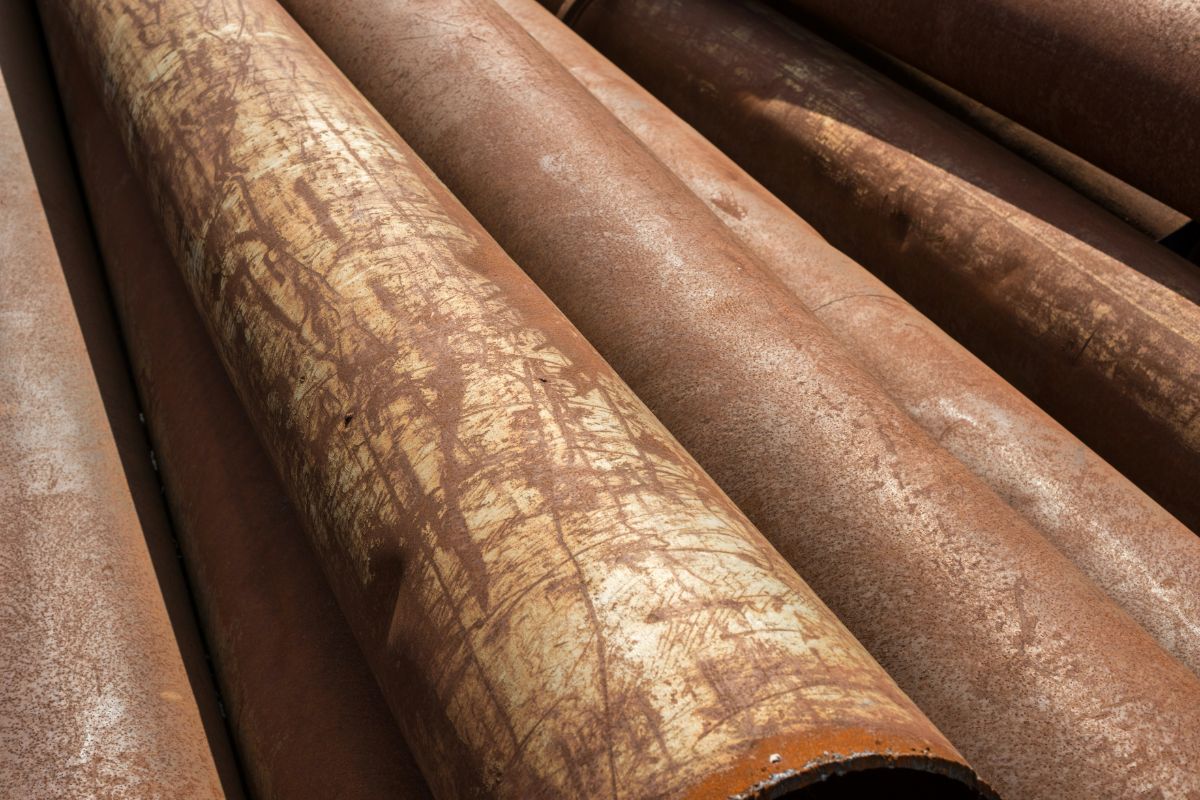
Corrosion begins when metal interacts with elements such as oxygen and water, leading to the formation of rust or other harmful compounds. Here are several key factors that contribute to this process:
Environmental Factors
Corrosion begins when metal interacts with elements such as oxygen and water, resulting in the formation of rust or other harmful compounds that gradually weaken the pipe.
For instance, wastewater frequently contains a variety of harmful contaminants, including chemicals, bacteria, and organic matter. These substances can accelerate corrosion, especially if the wastewater has a low pH or high levels of sulfides, which can contribute to microbial-induced corrosion.
Electrochemical Reactions
Electrochemical reactions occur when electrons move between metals and their surroundings, potentially leading to corrosion over time. A well-known example is galvanic corrosion, where two different metals in a wet environment interact, causing one metal (the anode) to corrode more quickly than the other (the cathode). This process results in damage to the more reactive metal.
For instance, consider a brass fitting connected to a copper pipe in a plumbing system. If water seeps into the connection, the brass fitting, being more reactive, will corrode more rapidly than the copper. This accelerated corrosion can lead to significant degradation of the brass fitting, resulting in leaks and the potential failure of the plumbing system.
Mechanical Factors
Corrosion often results from various physical stresses and wear that can damage protective coatings designed to shield pipes from harmful elements. When these coatings are compromised, pipes become exposed to moisture, oxygen, and corrosive chemicals.
Neglecting regular maintenance can exacerbate the problem, as accumulated debris, such as dirt and rust, creates an environment where corrosion can thrive. Over time, this combination of mechanical stress and inadequate upkeep not only weakens the pipes but also increases the risk of leaks and costly repairs.
How to Prevent Corrosion?
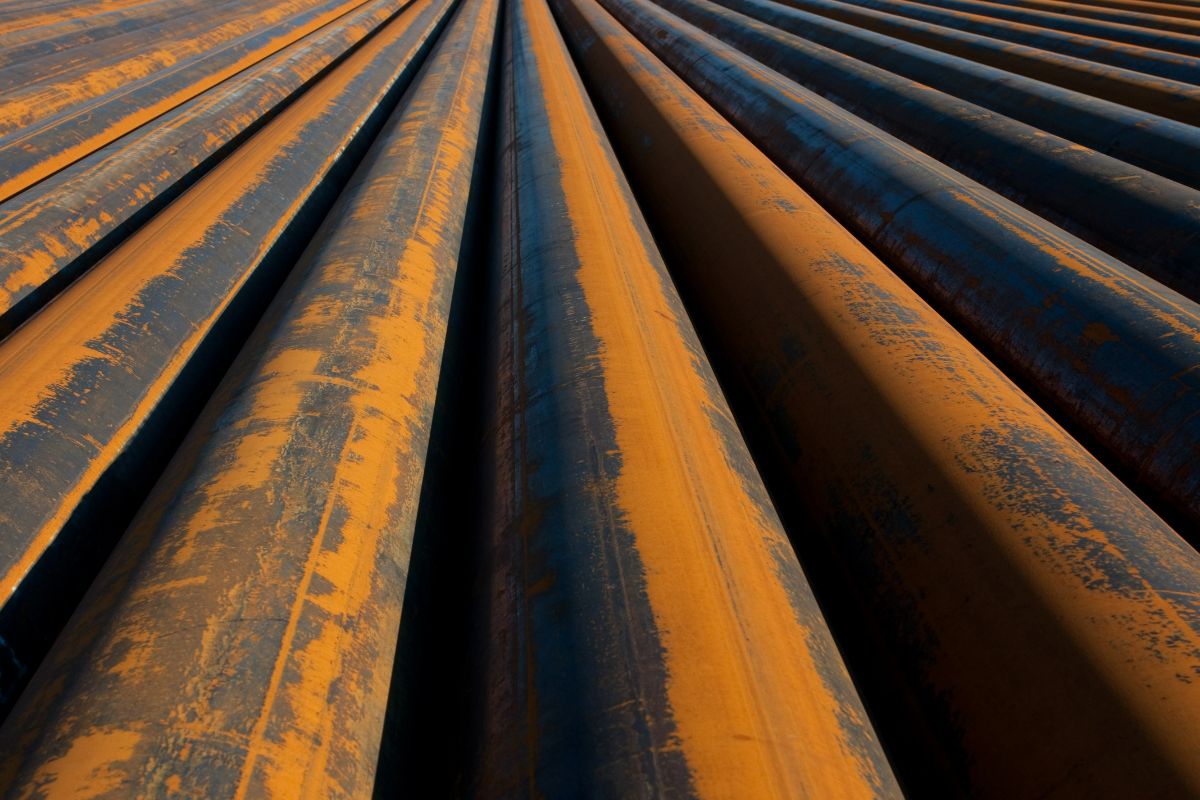
Corrosion can cause substantial damage and deterioration of materials, leading to expensive repairs and replacements. Consider implementing the following effective strategies to prevent corrosion:
Proper Coating and Protection
Protective coatings, such as epoxy and galvanizing, safeguard pipes from moisture, oxygen, and harmful chemicals that can cause deterioration. Think of these coatings as a shield—they serve as your first line of defense against the elements. However, like any protective gear, they require regular inspections and maintenance to remain effective.
Over time, these coatings can wear down, crack, or peel, making it essential to reapply them periodically. By monitoring their condition and re-coating when necessary, you can extend the lifespan of your pipes and ensure they remain durable, even in challenging environments.
Cathodic Protection
Cathodic protection systems are highly effective in preventing corrosion in pipelines by utilizing a sacrificial anode made from a more reactive metal. The fundamental principle behind this system is to transfer the corrosion process from the protected metal—such as a steel pipeline—to the sacrificial anode. This relies on electrochemical principles, where metals corrode at different rates based on their reactivity.
When a sacrificial anode, typically composed of a more reactive metal like zinc, magnesium, or aluminum, is installed alongside the pipeline, it becomes the primary site of corrosion instead of the metal pipe itself. This happens because the sacrificial anode donates electrons to the pipeline, effectively lowering its electrochemical potential.
Regular Maintenance and Inspection
Regular maintenance and inspections are crucial as they help identify signs of corrosion before they escalate into major problems. By routinely checking for wear and tear, you can spot weak areas and address them promptly.
This allows for the cleaning or replacement of damaged sections of pipes before issues worsen, helping to keep the entire piping system in excellent condition.
Not only does this extend the lifespan of the pipes, but it also reduces the likelihood of leaks and costly repairs, ensuring that your operations run smoothly and safely in industrial and construction environments.
Key Takeaway
Understanding what causes pipe corrosion and how can it be prevented it is essential for keeping your piping systems in top shape regardless of the industry. When you opt for high-quality materials like durable steel pipes and put effective preventive measures in place, you can greatly lower the chances of facing corrosion-related problems.
If you want durable and quality steel products that stand the test of time, Metal Exponents Inc. is here to help you find the perfect solutions for your needs. Contact us today to discuss our extensive range of products.
